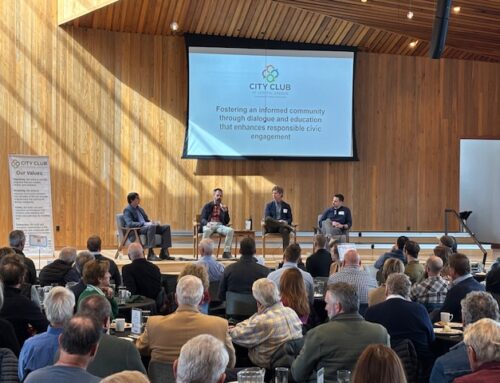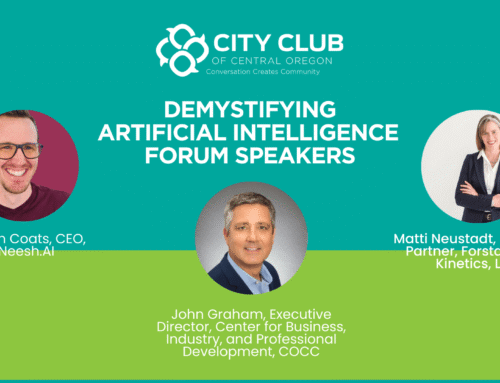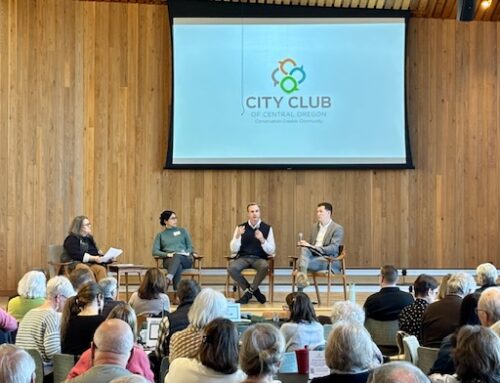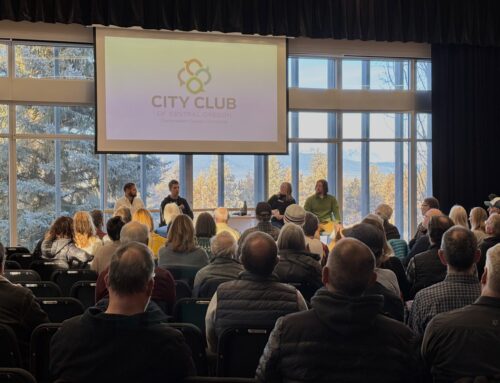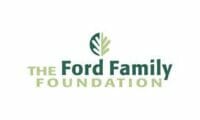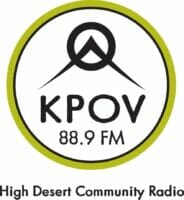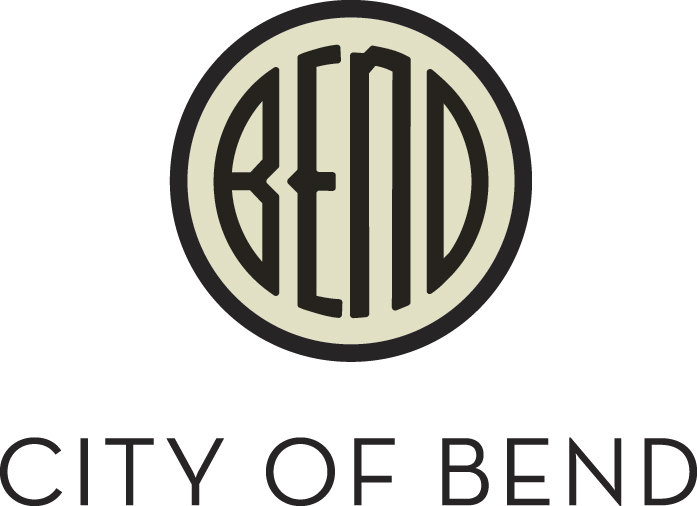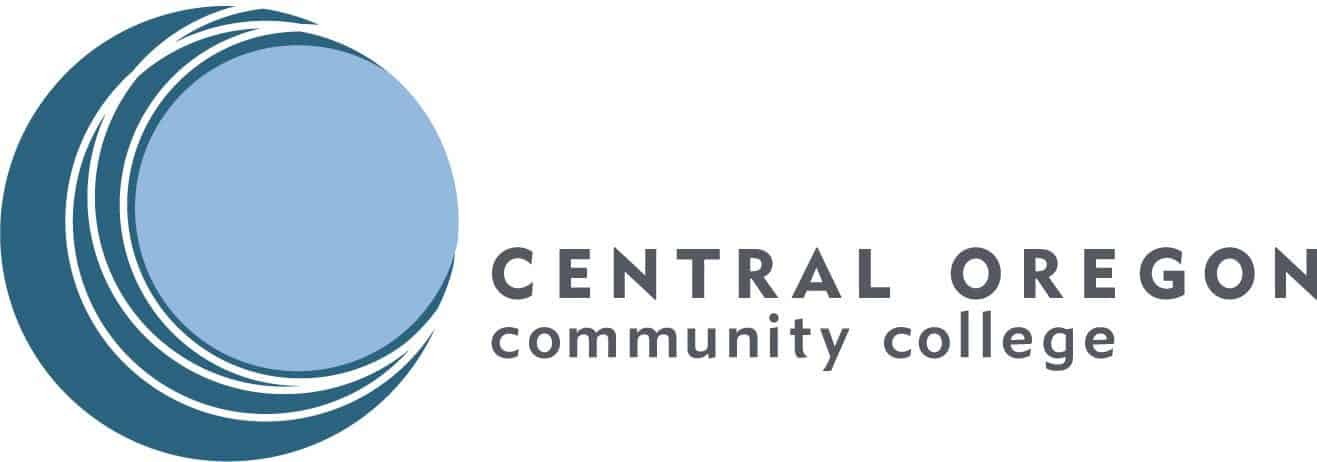For this forum, the City Club of Central Oregon partnered with the Oregon Community Foundation (OCF) to explore the recent report, Cornerstones: Economic Mobility and Belonging in Oregon. The research explores neighborhood-level conditions that support economic mobility for low-income families. Their research found for people that grew up in poverty:
- in Crook County the average household income at age 35 is $32,000
- in Jefferson County the average household income at age 35 is $30,000
- in Deschutes County the average household income at age 35 is $35,000
The report and presentation went further into the areas of Oregon with the highest and lowest opportunities for low income kids. The lowest areas included: Salem, Medford and Portland. The highest communities included: Corvallis, Clatsop County, Aloha, Beaverton, Lake County, Malin & Merril, Pendleton & Heppner, Elgin and Wallowa, Enterprise & Joseph and Baker City & Sumpter.
While we were not able to be in person for this presentation, we were able to offer Zoom breakout rooms for those that wanted to discussion. We challenged our viewers to think about and discuss the neighborhood where they grew up.
- When you walked out of your front door, what did you see?
- Were there trees? Lawns or pavement? Farmland or forest?
- Did you live close by to neighbors? Did you know them by name?
- Did the people in your neighborhood look like you?
- Were the families like yours?
- Were the houses or buildings all the same size, or was there a mix?
- Did you not see any buildings at all?
- Did you live in the same place your whole childhood, or lots of different places?
- When you became an adult, did you leave the place where you grew up, or did you stay?
- Is the place where you live now similar or different from your childhood neighborhood?
These questions are very telling to the socioeconomic circumstances of where we grow up and may sound simple, but have profound impacts on who we become. We also asked viewers to consider:
- What would need to shift in your neighborhood to better support low-income children and families?
- What’s one small step you can take to support that shift?
- Who might need to be part of that conversation or type of organization to make sure strategy development involve those most impacted?
Moderator: Anne E. George, Senior Donor Relations Officer-Oregon Community Foundation
Presenter: Madeline Brandt, Research Officer-Oregon Community Foundation
Resources
Presenter Slides from January 20, 2022 City Club Forum
TOP Report 2020: ‘Cornerstones: Economic Mobility and Belonging in Oregon’

